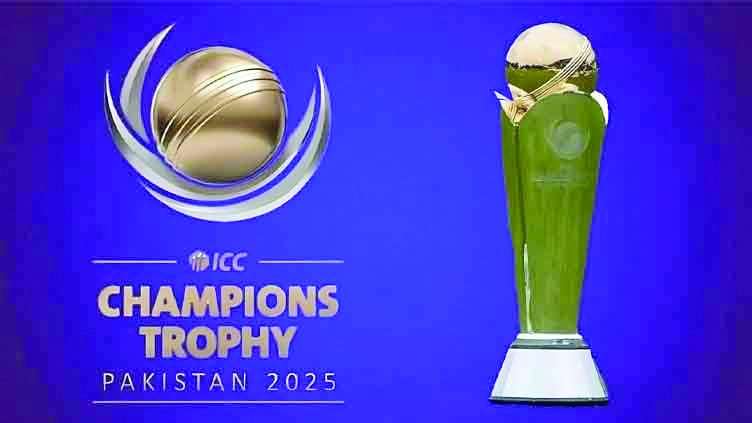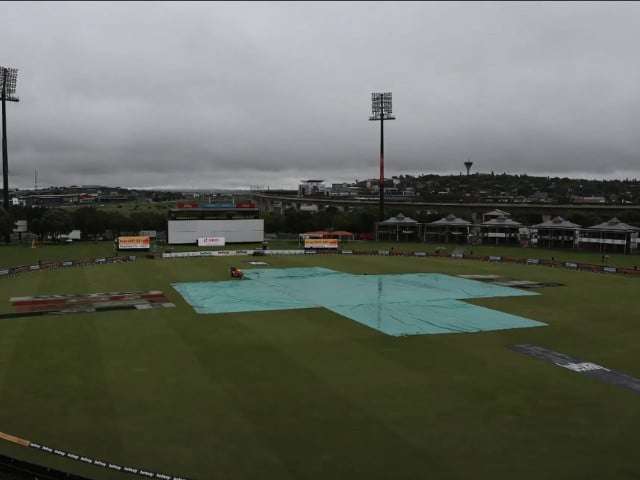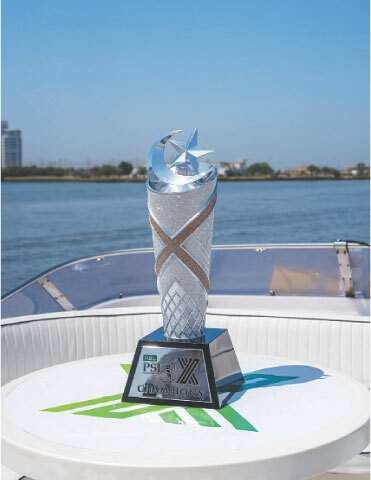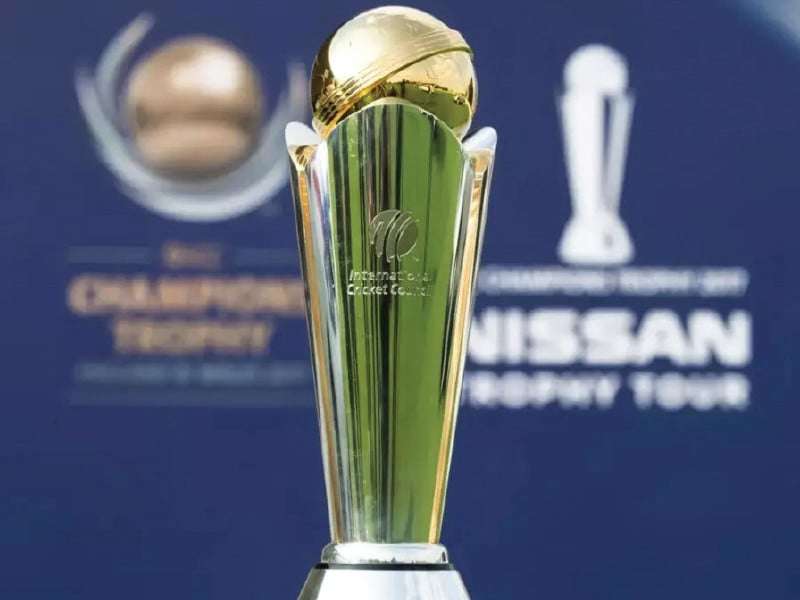Introduction
The tension surrounding the 2025 ICC Champions Trophy continues to grow, with significant disagreements between the Board of Control for Cricket in India (BCCI) and the Pakistan Cricket Board (PCB) over the proposed hybrid model for upcoming international tournaments. The dispute, which involves issues of security, venue selection, and long-term agreements, has reached a deadlock, with no resolution in sight. As the two cricketing giants prepare for future ICC events, the question of whether a compromise will be reached remains uncertain.
In this article, we explore the key points of contention between the BCCI and PCB, the implications of the hybrid model for cricket, and the potential outcomes of the ongoing negotiations. We also examine the broader context of India’s role in international cricket and the significance of such disputes for global cricket governance.
Background of the Hybrid Model Proposal
The Original Proposal
The PCB’s initial proposal centered on the idea of a hybrid model for the 2025 ICC Champions Trophy. This would involve Pakistan playing its matches in Dubai, while India would host its own games on home soil. The idea was put forward as a compromise to address security concerns, particularly following previous tensions between the two nations.
The PCB’s Expanding Demands
The situation took a significant turn when the PCB expanded the hybrid model request beyond the 2025 Champions Trophy. They suggested that this arrangement should apply to all ICC events scheduled in India up to 2031. This included major tournaments like the Women’s ODI World Cup in 2025, the T20 World Cup in 2026 (which India would co-host with Sri Lanka), the 2029 Champions Trophy, and the 2031 ODI World Cup.
According to reports, the PCB felt that the hybrid model would be a fair solution given the past history of tensions and security concerns between India and Pakistan. The idea was to create a balanced approach that allowed both teams to participate in these prestigious tournaments while mitigating any risks associated with hosting them in India.
BCCI’s Stance on the Hybrid Model
Security Concerns in India
The BCCI has firmly rejected the PCB’s request for the hybrid model, citing that there is no security threat in India. In its response, the BCCI emphasized that there have been no significant incidents that would warrant a change in the hosting arrangement for ICC events. According to the Indian board, the hybrid model is unnecessary because India is capable of providing adequate security for all participating teams.
The BCCI’s stance is rooted in their belief that India has successfully hosted numerous international tournaments without any major security issues. The board also pointed out that security arrangements for matches involving high-profile teams like Pakistan can be managed effectively within the country’s existing security infrastructure.
The Impact on ICC Events
The BCCI’s rejection of the hybrid model has put the issue at the forefront of ICC discussions, with the governing body of world cricket now faced with a challenging situation. If the dispute remains unresolved, the matter could be put to a vote within the ICC, potentially leading to further complications in the planning and execution of ICC events in the coming years.
PCB’s Proposal for a “Partnership or Fusion Formula”
In response to the BCCI’s rejection, the PCB proposed an alternative arrangement called the “Partnership or Fusion Formula.” Under this model, both India and Pakistan would play their respective matches at a neutral venue like Dubai for all ICC events hosted by either country over the next three years. This proposal aimed to create a fair and balanced approach that would address the concerns of both nations.
This model was seen as a way to mitigate the tensions that have long existed between India and Pakistan in the realm of international cricket. It also sought to ensure that both countries could participate in key ICC tournaments without fear of political or security-related disruptions.
The Bigger Picture: Cricket and Diplomacy
The Role of the ICC in Resolving Disputes
The role of the International Cricket Council (ICC) has become increasingly important in resolving this dispute. The ICC has long played a central role in overseeing the organization of global tournaments and ensuring that all members adhere to agreed-upon protocols and procedures. In this case, the ICC is tasked with mediating between the BCCI and PCB to find a resolution that satisfies both parties.
The ICC’s involvement is especially crucial given the long-standing political tensions between India and Pakistan, which often spill over into the sporting arena. As such, the governing body must balance the interests of both cricket boards while ensuring that international tournaments are not disrupted.
Historical Context: Past Crises and Tensions
The ongoing tension between the BCCI and PCB is not a new phenomenon. In the past, similar disputes have arisen, particularly regarding the participation of Pakistan in events hosted by India. One of the most notable examples occurred during the Big Three negotiations, where the BCCI promised mutual cooperation with the PCB but later reneged on these assurances, further straining relations between the two boards.
This history of broken promises and misunderstandings has made the PCB cautious in its dealings with the BCCI. The PCB’s proposal for a hybrid model reflects a desire for more equitable treatment in future agreements, particularly when it comes to the hosting of major ICC events.
The Future of the Champions Trophy 2025 and Beyond
Possible Outcomes
As the dispute over the hybrid model continues, several outcomes are possible:
- ICC Mediation: The ICC could step in to mediate a compromise between the BCCI and PCB. This would involve a delicate balancing act, as the ICC must navigate the competing interests of both boards while ensuring the smooth running of global tournaments.
- A Vote: If the negotiations fail to produce a resolution, the matter could be put to a vote within the ICC. This could lead to a significant decision that impacts the scheduling and hosting of future ICC events, potentially changing the way tournaments are organized in the coming years.
- A New Hybrid Model: A new version of the hybrid model could be agreed upon, perhaps with more flexible terms that accommodate both India’s and Pakistan’s concerns. This could involve a mix of home and neutral venues for certain matches, depending on the tournament and the political climate at the time.
- No Resolution: In the worst-case scenario, if no agreement is reached, it could lead to a cancellation or major revision of the 2025 Champions Trophy and other upcoming ICC events. This would represent a significant setback for global cricket and could have long-term implications for the sport.
The Significance of the Dispute
The ongoing controversy over the hybrid model for the Champions Trophy is about more than just the logistics of venue selection. It is a reflection of the larger geopolitical tensions between India and Pakistan, which have long influenced their cricketing relations. As such, the resolution of this dispute will have significant implications not only for international cricket but also for the broader political dynamics in the region.
Conclusion
The BCCI’s rejection of the hybrid model for India-hosted ICC events has sparked intense discussions within the cricketing world. As the BCCI and PCB continue to negotiate over the terms of future tournaments, the role of the ICC in mediating these discussions will be critical. Whether a compromise can be reached or whether the issue will go to a vote remains uncertain, but one thing is clear: the future of international cricket may depend on the resolution of this longstanding dispute.
FAQs
1. What is the hybrid model proposed for the Champions Trophy 2025?
The hybrid model involves Pakistan playing its matches in Dubai while India hosts its own games on home soil. This was proposed as a solution to address security concerns between the two nations.
2. Why did the PCB expand its request for a hybrid model?
The PCB expanded the request to apply the hybrid model to all ICC events scheduled in India up to 2031, including the Women’s ODI World Cup 2025 and the 2031 ODI World Cup, due to security concerns and historical tensions.
3. Why did the BCCI reject the hybrid model?
The BCCI rejected the hybrid model, stating that there is no security threat in India and that the country is capable of hosting international events without the need for a neutral venue.
4. What is the “Partnership or Fusion Formula” proposed by the PCB?
The “Partnership or Fusion Formula” suggests that India and Pakistan should play their matches at a neutral venue like Dubai for ICC events hosted by either country over the next three years. This aims to ensure fairness and resolve tensions.
5. How will this dispute affect future ICC events?
The dispute could lead to significant changes in the scheduling and hosting of ICC events, particularly the Champions Trophy 2025. It could also impact the broader dynamics of international cricket and relations between India and Pakistan
ALSO READ:



